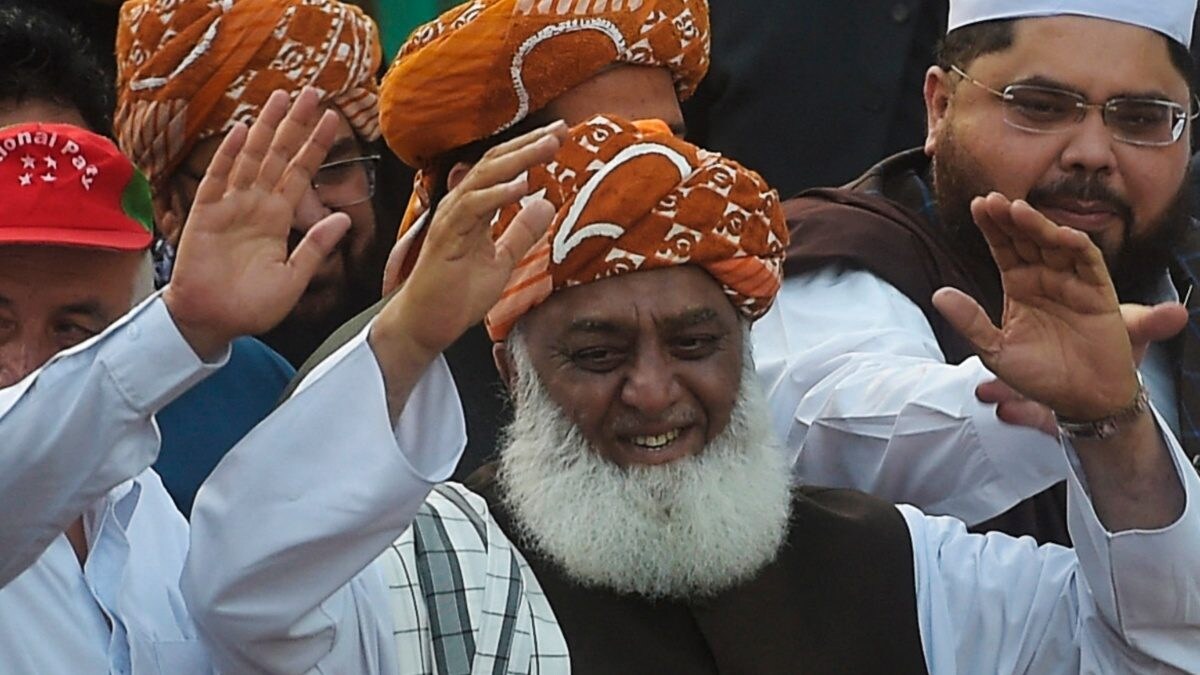[ad_1]

Chinese President Xi Jinping’s ambitious BRI and CPEC projects have a new enemy – the Pakistan Taliban, aka TTP. (Image: AP Photo)
The Tehreek-e-Taliban Pakistan warned the Pakistan government last week that it will build a shadow province.
The Tehreek-e-Taliban Pakistan (TTP), also known as Pakistan Taliban, warned last week that it is proceeding with its plans to build a ‘shadow province’ in the southwestern province of Balochistan.
The news should not only worry the Pakistan government but it is also likely to raise concerns in Beijing as Balochistan is the home to the port city of Gwadar and also to Chinese President Xi Jinping’s pet project, the Belt and Road Initiative (BRI).
News outlet Nikkei Asia in a report said that such moves by the Pakistan Taliban will become a major problem for China and Pakistan when they restore the multibillion-dollar infrastructure projects under BRI.
Chinese engineers have faced attacks from Baloch separatists and now are likely to fear for their safety as the Pakistan Taliban emerges as a new threat. Economic issues have also prevented Pakistan’s security agencies from providing security to Chinese citizens not involved in the projects and those running businesses.
The report said that TTP is planning to establish its own ‘Kalat-Makran’ province and will build a parallel government in that region. This shadow government, if formed, will cover over 40% Balochistan-area, including a 760-km coastline.
The TTP recently attacked a production facility for natural gas and oil in northwest Pakistan and killed at least six policemen and security guards.
“Beijing has made its new investment in Balochistan conditional with security guarantees, and the emerging threat from TTP will be a huge problem,” an independent analyst told Nikkei Asia.
Gwadar Port is one of the most important parts of the BRI as well as the China-Pakistan Economic Corridor (CPEC). Pakistan Prime Minister Shehbaz Sharif is aiming to revive CPEC projects but an economic crisis and dwindling forex reserves have hampered his plans.
Now, the rising TTP and its plans to build a shadow province will further hurt China’s and Pakistan’s plans and is more likely to anger Xi Jinping who has sternly told Pakistan to ensure safety and security of its citizens after Baloch rebels targeted Chinese citizens on several occasions, most notably the Karachi University attacks last year, killing three Chinese academics.
An analyst also told Nikkei Asia that such moves by the Pakistan Taliban is similar to the steps the Taliban regime in Afghanistan took before recapturing the country in 2021.
This also puts in peril Pakistan-Iran relations as the area of the so-called shadow province also covers a 400-km border with Iran and a restive border region means that crucial energy imports from Iran could be affected.
The analysts also reflected on the fact that if such plans fruition this means the TTP will have to coexist with the left-wing Baloch rebels, who have intensified their attacks on Chinese engineers and projects.
Experts told Nikkei Asia that the TTP has a history of coexisting with the Islamic State, which increases the probability that it may coexist with the separatists.
Baloch rebels have complained for decades that Pakistan has used the Chinese projects to spy on Baloch residents and uses it to identify and eliminate dissidents who question the atrocities of the Pakistan government. The Pakistan army has been accused of committing human rights abuses on Baloch minorities.
[ad_2]
Source link





